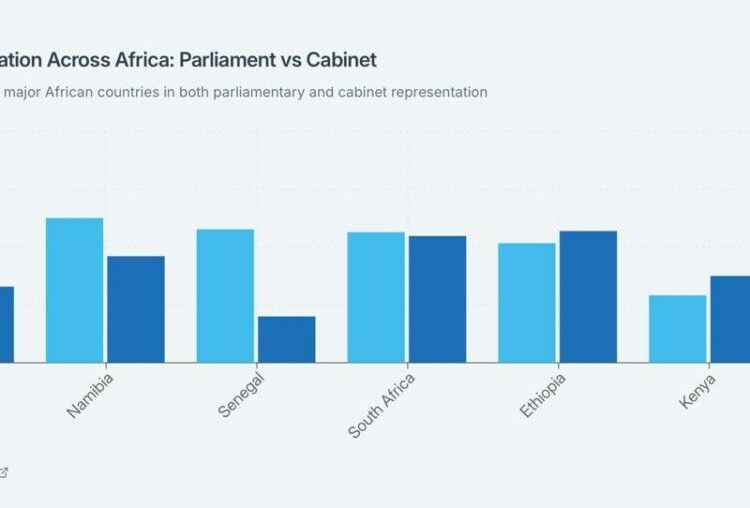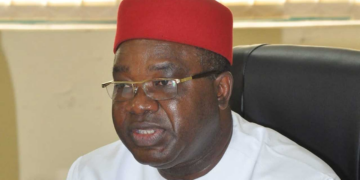New analysis from NarratEQ, Gatefield’s gender equality insights hub launched this week, reveals that Nigeria’s low representation of women in political leadership is costing the country economically.
During the administration of President Goodluck Jonathan (2010–2015), when women held 31% of cabinet positions, Nigeria’s economy experienced sustained GDP growth of 6–7%, reaching its largest size in history.
Under successive administrations where women’s representation dropped to 8.8%, economic growth slowed, reflecting a global pattern where higher women’s participation in leadership correlates with stronger economic outcomes.
Nigeria ranks 180th out of 190 countries globally in women’s political representation, with only 3.9% of senators and 8.8% of current cabinet positions held by women, the lowest among major African economies.
Compared to countries like Rwanda which maintains a global lead of 61% women in parliament, and South Africa, averaging 45% women’s representation in both parliament and cabinet, Nigeria has moved backwards, from 31% cabinet representation to 8.8% under current leadership, defying both its national policy mandate of 35% representation and a global trend toward greater inclusion.
The data also exposes cultural resistance underlying these numbers: while 64% of Nigerians express comfort with women as corporate leaders, only 50% feel the same about women in political leadership. This perception gap reinforces structural exclusion even when policies exist on paper.
These findings mark the debut of NarratEQ, a first-of-its-kind gender data hub developed by Gatefield, a leading public strategy and advocacy group, to make gender equality insights accessible, visual, and actionable.
The platform consolidates verified data across six sectors: political leadership, economic empowerment, health, education, care economy, and corporate representation.
The platform delivers monthly insights, story starters, and downloadable quality-scored datasets for journalists, policymakers, and researchers.





